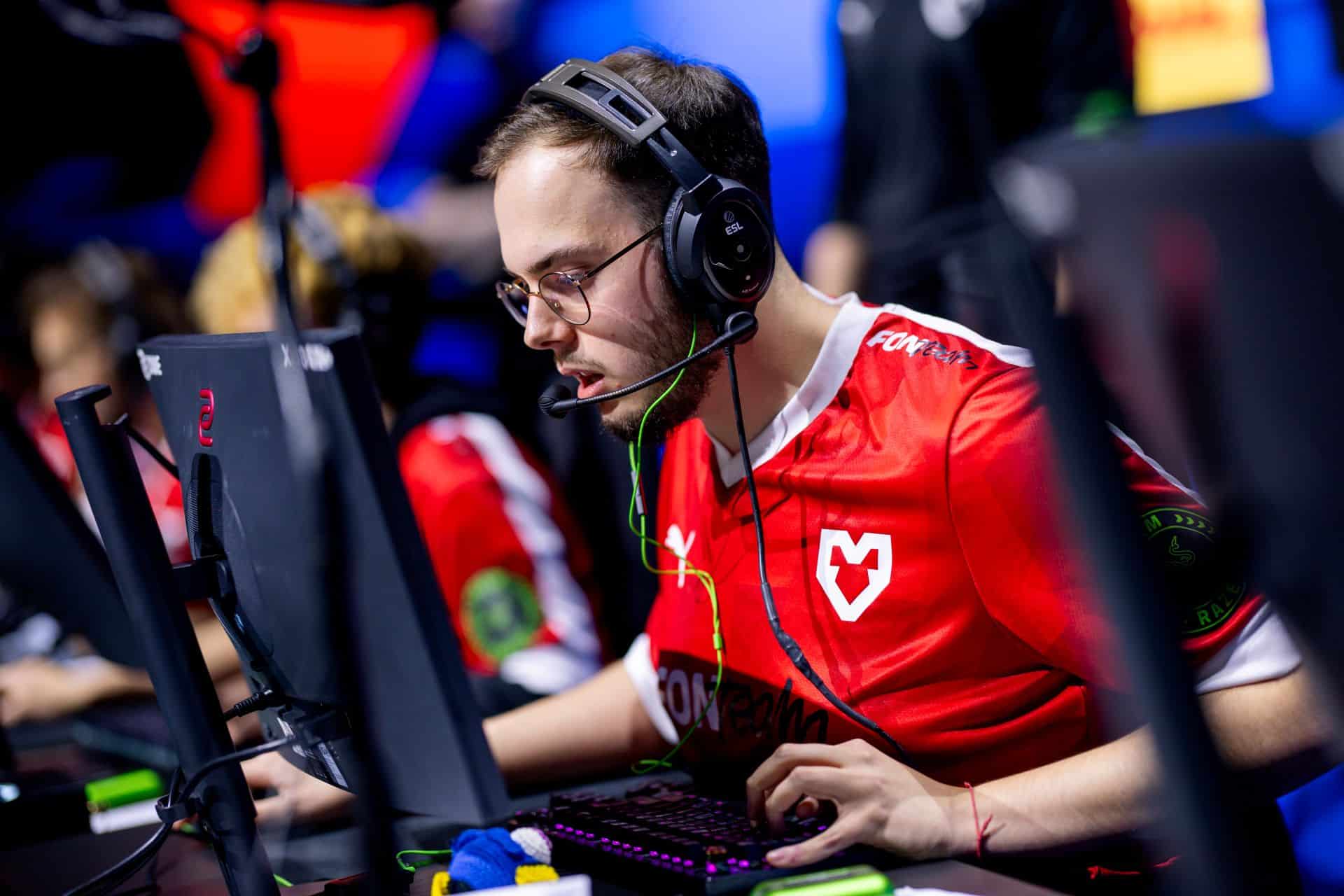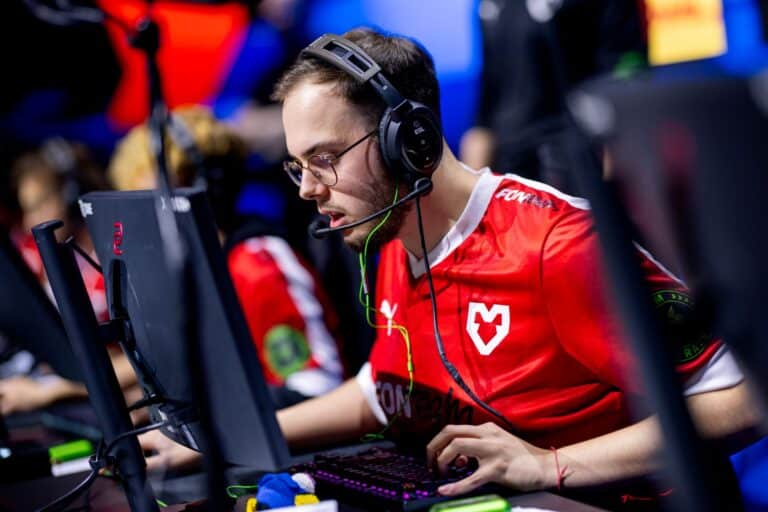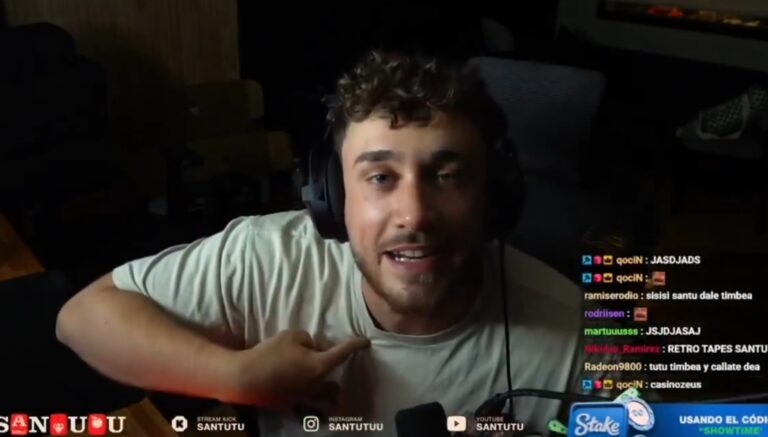The Scottish Government’s £1.3m computing in schools pledge can lift esports in the country
Dom Sacco, Senior Editor
Last Updated: 07/02/2022
The Scottish Government has just committed £1.3m for computing in schools. While some have criticised this move as being a paltry amount per school, never underestimate an inspired youngster with greater access to something they love, argues Esports News UK editor Dom Sacco
Schools in Scotland can now bid for grants of up to £3,000 to purchase additional computing science equipment, devices, software or teaching resources.
That’s due to a £1.3 million investment from the Scottish Government, which hopes to support computing science in primary and secondary schools across the country.
Every school will also receive two class sets pocket-sized computers that help pupils understand how software and hardware work together.
While some have criticised this move (Scottish Conservative shadow minister for children and young people Meghan Gallacher said, “if schools are looking to upgrade their computers and devices for pupils, I’m afraid £3,000 from the SNP Government won’t touch the sides”) we shouldn’t underestimate the effect this could have in young people.
£3,000 per school might seem small to Meghan and I’m sure others out there, but that equates to five budget PCs that would be more than capable of running League of Legends, Rocket League, Minecraft, Fortnite and other low-spec games for students as part of an extra-curricular esports club. It’s enough to get a team or two together in those schools and take part in school/collegiate tournaments, whether it’s Digital Schoolhouse, British Esports Student Champs, Adaplay or whatever else.
Give a youngster access to something they love – computers, esports or whatever else – and that can be invaluable to them. We shouldn’t underestimate the effects small changes like this can have on people. You never know, it might just inspire the next generation of esports talent from Scotland.
“It is essential that we have as many talented young people leaving schools with the skills Scotland’s technology sector and wider economy fundamentally depends upon.”
Shirley-Anne Somerville, Education Secretary
Heck knows we need more of our Scottish neighbours making a name for themselves in esports and streaming. We have some – Scrub Killa, Cammy, MarkyB, Snoopeh, Chemera, RossBoomsocks and others – but we could use more.
So I for one welcome this move, and I look forward to more youngsters bugging their teachers to get their schools involved in esports via this funding.
Scotland currently has 10 schools and colleges taking part in the British Esports Student Championships, and I want more! Alva Academy in Scotland is one that takes part in the esports competition, and boasts the first and only esports suite in any Scottish secondary school.
The news comes after Mark Logan’s independent Scottish Technology Ecosystem Review from August 2020 recommended increased investment to improve computing science provision in schools.
Education Secretary Shirley-Anne Somerville said: “It is essential that we have as many talented young people leaving schools with the skills Scotland’s technology sector and wider economy fundamentally depends upon.
“This investment aims to refresh computing science lessons for learners – equipping them with the skills they need for careers in tech.”
The Scottish Teachers Advancing Computing Science (STACS), an organisation based at the University of Glasgow to spread best practice in computing science in schools, has also received a Scottish Government grant of £67,500 to set up and run the STACS programme.
We have a lack of pro players from the UK in general, so if Bonnie Scotland can supply some more, why the hell not?
Related articles:
- Plans for Dundee to get its own 4,000-seat esports arena
- Scotland PC builder Utopia Computers enters esports with Skelp and Kingston
- Tributes paid to Scottish Unreal Tournament legend Paul ‘astz’ McGarrity
Dom Sacco, Senior Editor
Dom is an award-winning writer and finalist of the Esports Journalist of the Year 2023 award. He has almost two decades of experience in journalism, and left Esports News UK in June 2025. As a long-time gamer having first picked up the NES controller in the late '80s, he has written for a range of publications including GamesTM, Nintendo Official Magazine, industry publication MCV and others. He also previously worked as head of content for the British Esports Federation.
Stay Updated with the Latest News
Get the most important stories delivered straight to your Google News feed — timely and reliable





From breaking news and in-depth match analysis to exclusive interviews and behind-the-scenes content, we bring you the stories that shape the esports scene.
Monthly Visitors
User Satisfaction
Years experience











